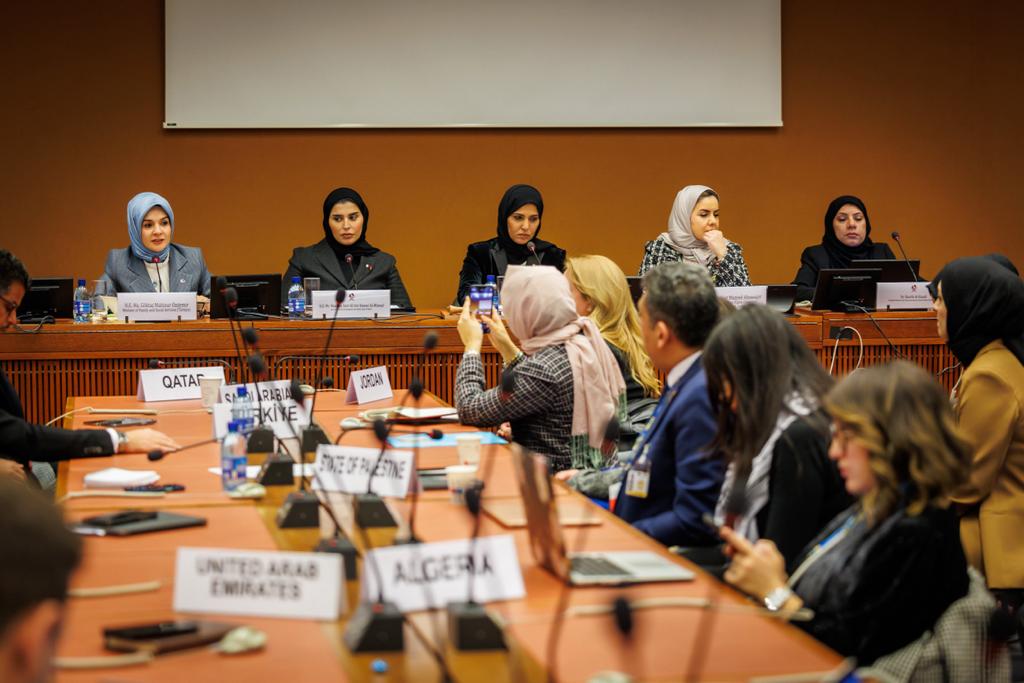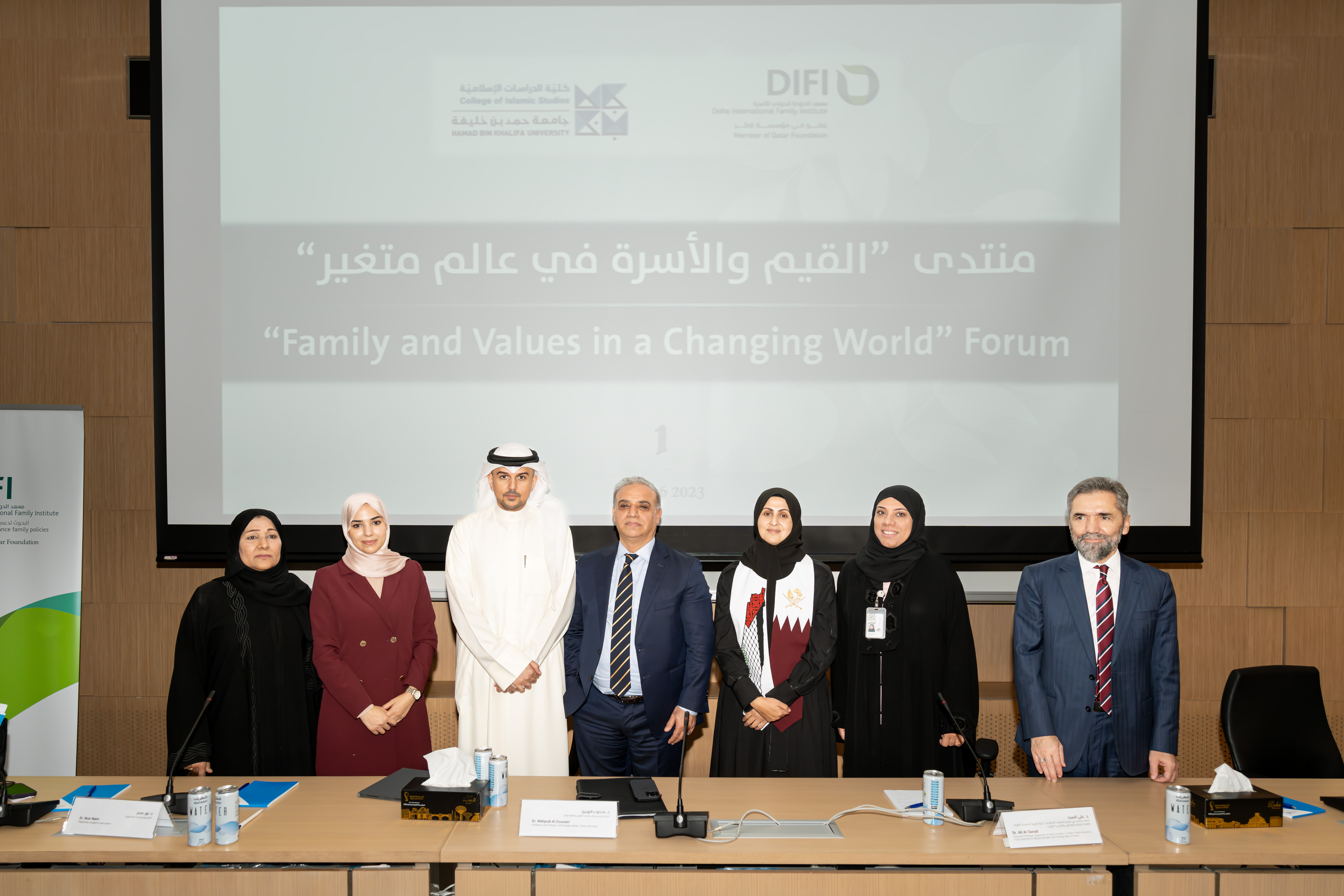
Our discussion with Dr. Ayesha Al-Qahtani about “The role of the father in instilling language, values, and religion in children.”
Aimed to discuss the nascent body of research on intergenerational transfers with a specific focus on those societies newly arrived to the modern world of aging.
While the literature on intergenerational transfers in societies in the very late stages of a demographic transition is voluminous and growing at the same pace as the pressures they face from the aging tide, the same is not true in societies where fertility rates declined to low levels only recently. And yet, because of the demographic nature of the process of aging throughout these societies-compressed in a fraction of the time it took in more advanced societies and under precarious economic conditions and fragile institutional contexts – the issue of support for the elderly is being felt on a larger scale and the problems that it generates are becoming more urgent.
As a result of a seminar held in Qatar during June of 2009, a volume was created an attempt to identify the more salient issues related to elderly support facing societies where aging is occurring much more suddenly that in North America and Europe. Some of these problems are common to all societies experiencing aging and some peculiar to those that have joined the low fertility level group only recently. The volume attempted to cover a wide ranging set of issues, from those purely demographic involving hard constraints on kin availability to those involving transfer rules rooted in cultural norms. The effect of the changing institutional context – macroeconomic performance, state policies and the operation of private markets – creates a large canvass within which the resource availability for the elderly are negotiated and allocated. The elderly’s fortune or misfortune will be decided and settled within a complex ground where new ideologies, new fertility regimes, new morbidity and mortality patterns as well as a new balance between private markets and state based interventions, will seek mutual accommodation not without frictions nor conflicts both within the family and in the larger public arena.
Background materials
Papers
The views expressed in these papers or presentations are the authors and do not necessarily represent the views of, and should not be attributed to, the Doha International Family Institute
For photo gallery click here



The Doha International Family Institute (DIFI) has launched the OSRA research grant in its sixth cycle which is a research grant on Arab families and family policy related issues.
Find Out More